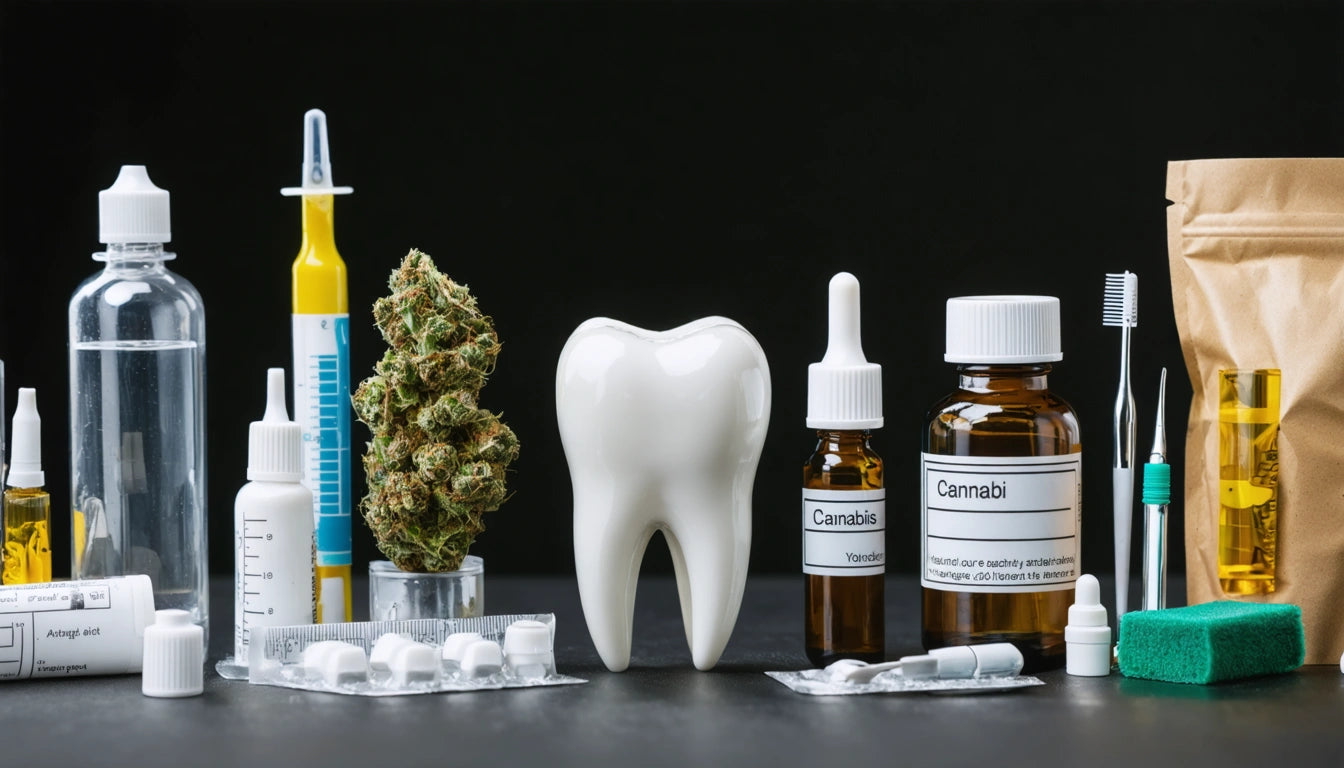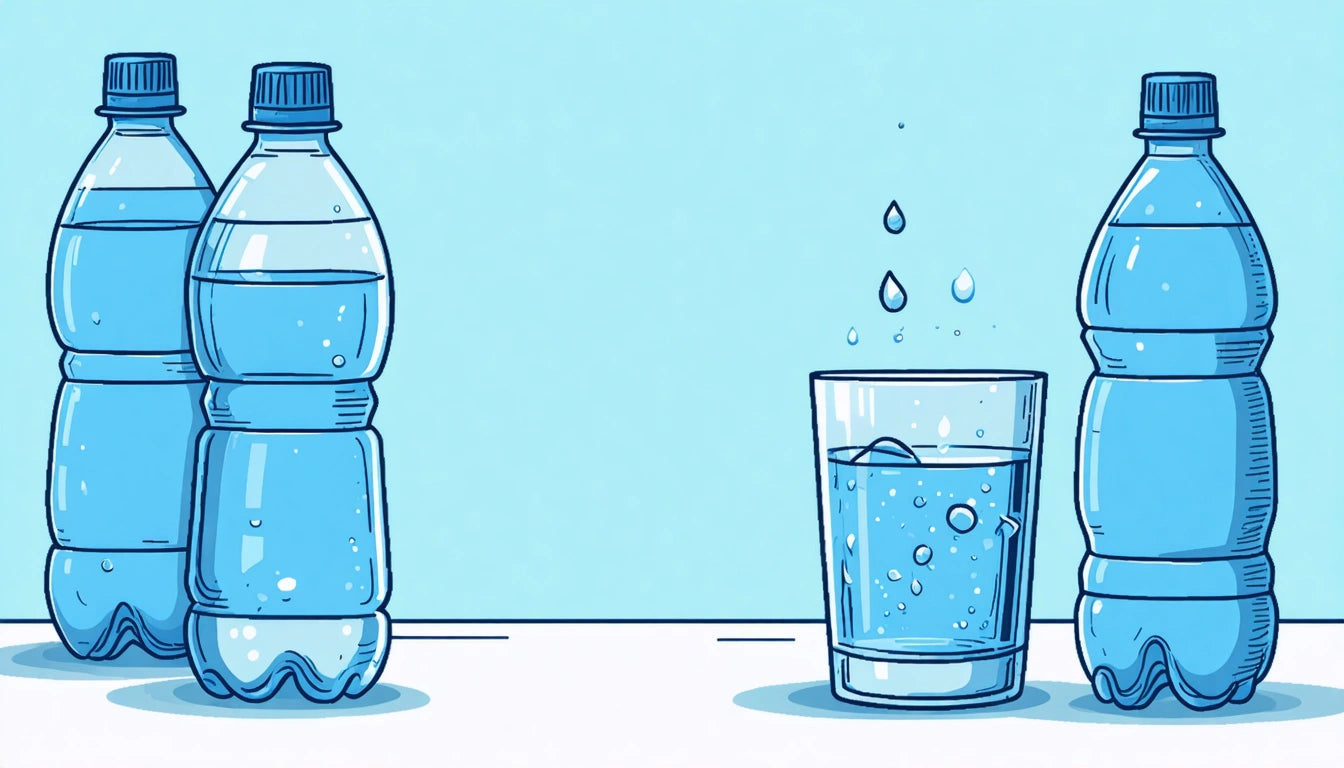Table of Contents
Can Cannabis Alleviate Tooth Pain and Toothaches?
Tooth pain can be excruciating, prompting sufferers to seek relief through various methods. As cannabis becomes more widely accepted and legally available, many wonder if it could help manage dental discomfort. This article explores whether weed helps with tooth pain, examines the scientific evidence, and discusses important considerations for those contemplating this approach.
Understanding Tooth Pain and Its Causes
Before exploring potential remedies, it's important to understand what causes tooth pain. Toothaches typically result from:
- Dental decay or cavities
- Gum disease or infections
- Cracked or damaged teeth
- Exposed tooth roots
- Impacted wisdom teeth
- Dental abscesses
- Teeth grinding (bruxism)
The pain signals from these conditions travel through the trigeminal nerve, one of the most sensitive nerve pathways in the body, which explains why tooth pain can be particularly intense and debilitating.
How Cannabis May Affect Pain Perception
Cannabis contains numerous compounds, primarily THC (tetrahydrocannabinol) and CBD (cannabidiol), that interact with the body's endocannabinoid system. This system plays a role in regulating pain sensation, inflammation, and immune response.
THC binds directly to cannabinoid receptors in the brain, potentially altering pain perception. CBD, meanwhile, works through different mechanisms to potentially reduce inflammation and modulate pain signals. These properties have led some to explore whether cannabis might help with tooth pain.
Similar to how cannabis may affect nerve pain in other parts of the body, its compounds could theoretically influence dental pain perception.
Current Research on Cannabis and Dental Pain
Despite anecdotal reports suggesting that weed helps toothaches, scientific research specifically addressing cannabis for dental pain remains limited. Most evidence comes from broader studies on cannabis and pain management.
Some research suggests that cannabinoids may help with certain types of pain, particularly neuropathic pain. However, studies focusing specifically on dental pain are scarce. The complex nature of tooth pain, which often combines inflammatory, neuropathic, and nociceptive components, makes it difficult to determine cannabis's effectiveness in this specific context.
Risks and Considerations When Using Cannabis for Tooth Pain
Potential Oral Health Impacts
Using cannabis, particularly smoking it, may have negative effects on oral health that could potentially worsen existing dental issues:
- Dry mouth (xerostomia): Cannabis use often causes reduced saliva production, which can increase the risk of tooth decay and gum disease.
- Staining: As discussed in our article about whether smoking weed causes yellow teeth, cannabis smoke can discolor dental enamel.
- Increased risk of periodontal disease: Some studies suggest regular cannabis smoking may be associated with higher rates of gum disease.
Masking Symptoms
Perhaps the most significant concern is that using cannabis for tooth pain might only mask symptoms temporarily while allowing the underlying condition to worsen. Dental issues rarely resolve without proper treatment, and delaying care can lead to more serious complications.
For those who use cannabis products regularly, proper storage is essential to maintain potency and prevent contamination. Many users find that high-quality storage containers with secure lids help preserve their products while keeping them safely away from children and pets.
Alternative Treatments for Dental Discomfort
Several evidence-based approaches can help manage tooth pain while awaiting professional dental care:
- Over-the-counter pain relievers: Nonsteroidal anti-inflammatory drugs (NSAIDs) like ibuprofen can reduce inflammation and pain.
- Topical numbing gels: Products containing benzocaine can temporarily numb the affected area.
- Salt water rinses: Warm salt water can help reduce inflammation and kill bacteria.
- Clove oil: Contains eugenol, a natural anesthetic and anti-inflammatory.
- Cold compresses: Applied to the outside of the cheek to reduce swelling and numb the area.
Unlike cannabis, these treatments have substantial research supporting their effectiveness for dental pain and don't carry the same potential risks or legal concerns.
When to Seek Professional Dental Care
Regardless of whether cannabis or other remedies provide temporary relief, tooth pain is typically a warning sign of an underlying problem that requires professional attention. You should seek dental care promptly if you experience:
- Severe or persistent tooth pain
- Pain accompanied by swelling of the face or gums
- Fever along with dental pain
- Pain after a tooth injury
- Difficulty breathing or swallowing
While some may wonder if smoking helps toothache symptoms through its psychoactive effects, it's important to remember that smoking anything, including cannabis, can potentially irritate oral tissues and complicate dental conditions. Some users report that cannabis may help with tooth nerve pain, but this should never replace professional dental treatment.
Similar to questions about whether marijuana helps with back pain or headaches, the answer isn't straightforward. Individual responses vary widely, and what provides relief for one person may not work for another.
It's also worth noting that cannabis use might affect your throat, as explored in our article on whether weed helps or causes sore throats. This could be relevant for those considering smoking cannabis for tooth pain relief.
The decision to use cannabis for tooth pain should be made carefully, considering legal status in your area, potential interactions with other medications, and the importance of addressing the underlying dental issue. Open communication with healthcare providers about all pain management strategies you're considering is always recommended.











Leave a comment
All comments are moderated before being published.
This site is protected by hCaptcha and the hCaptcha Privacy Policy and Terms of Service apply.